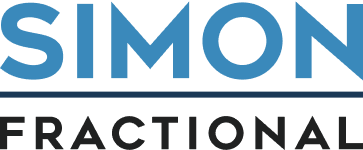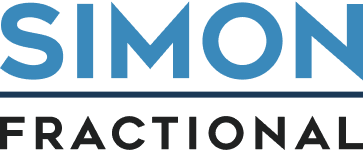
1. Establishing Key Performance Indicators (KPIs) Aligned with Business Goals
Every successful data-driven strategy begins with clear objectives. Key Performance Indicators (KPIs) act as measurable benchmarks that reflect the effectiveness of your marketing efforts.
Key KPIs for B2B SaaS:
- Customer Acquisition Cost (CAC): Tracks how much it costs to acquire a new customer. CAC is critical for understanding the efficiency of marketing spend.
- Customer Lifetime Value (LTV): Represents the total revenue expected from a single customer. A high LTV-to-CAC ratio indicates sustainable growth.
- Monthly Recurring Revenue (MRR): Measures predictable, recurring revenue and provides insight into revenue health.
- Churn Rate: Indicates the percentage of customers lost over a given period. Reducing churn is essential for long-term success.
Industry Insight: B2B SaaS companies that align KPIs with business goals see an average revenue increase of 10-20% year-over-year.
2. Collecting and Analyzing Customer Data for Insights
Effective data-driven marketing is rooted in understanding customer behavior. Collecting customer data allows B2B SaaS companies to make informed decisions about product development, user experience, and marketing campaigns.
Data Collection Strategies:
- Customer Surveys and Feedback: Surveys help you understand customer needs, pain points, and product perceptions.
- Website Analytics: Tools like Google Analytics provide insights into user behavior, bounce rates, and traffic sources.
- Product Usage Data: Analyzing in-app behavior helps you identify features that drive engagement and retention.
Data Point: According to Salesforce, 57% of B2B companies consider data analysis a critical factor in driving customer satisfaction.
3. Using Predictive Analytics to Optimize Campaigns
Predictive analytics leverages historical data to forecast future behavior. B2B SaaS companies can use predictive models to identify potential leads, optimize marketing spend, and improve targeting.
Ways to Apply Predictive Analytics:
- Lead Scoring Models: Use predictive models to rank leads based on their likelihood to convert.
- Customer Segmentation: Group customers based on behavior, allowing for personalized messaging.
- Churn Prediction: Identify at-risk customers and implement retention strategies to reduce churn.
Example Insight: Companies that use predictive analytics for lead scoring experience an average 20% increase in conversion rates.
4. Personalizing Customer Experiences Using Data
In B2B SaaS, personalization is key to delivering a compelling customer experience. By analyzing customer data, you can tailor messaging, offers, and interactions to meet each customer’s unique needs.
Personalization Tactics:
- Dynamic Email Campaigns: Personalize email content based on user behavior and preferences.
- In-Product Recommendations: Use data to suggest relevant features or tools within the app.
- Targeted Content Offers: Segment audiences and serve content that aligns with their stage in the buyer’s journey.
Industry Insight: Research by Epsilon shows that 80% of customers are more likely to do business with companies that offer personalized experiences.
5. Continuously Iterating and Improving Based on Data
Data-driven marketing isn’t a one-time setup—it’s an ongoing process of iteration and refinement. By consistently reviewing data and adjusting strategies, B2B SaaS companies can stay agile and responsive to market changes.
Steps for Iterative Improvement:
- A/B Testing: Regularly test variations in your campaigns, from email subject lines to landing page designs.
- Customer Feedback Loops: Use customer feedback to inform product and marketing updates.
- Regular KPI Reviews: Revisit KPIs to ensure they remain aligned with evolving business goals.
Example Insight: According to a study by HubSpot, companies that regularly iterate based on data are 30% more likely to exceed revenue goals.
Conclusion
Data-driven marketing empowers B2B SaaS companies to make informed decisions, optimize campaigns, and enhance customer experiences. By setting measurable KPIs, analyzing customer data, leveraging predictive insights, and personalizing interactions, SaaS companies can create a marketing strategy that drives growth and long-term success.
Next Steps:
Ready to make data-driven marketing a core part of your B2B SaaS growth strategy? Contact Simon Fractional to learn how we can develop a customized approach for your business.
Doug Simon
My experience in B2B SaaS started in 2010 when I developed a first-of-its-kind product, creating an entire new category.

